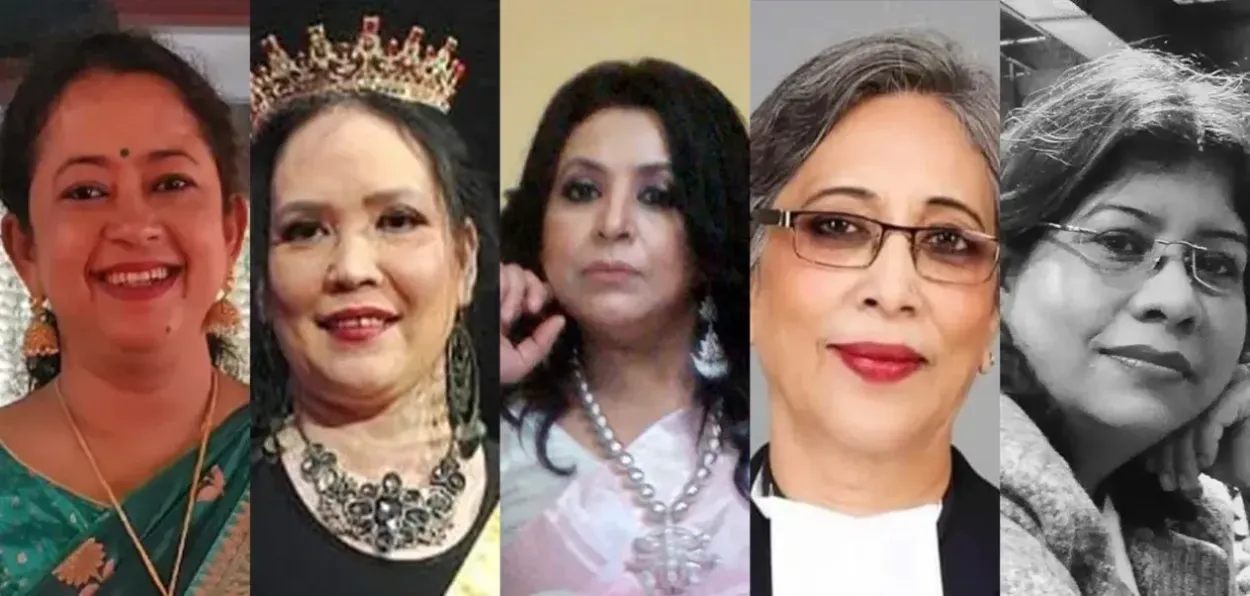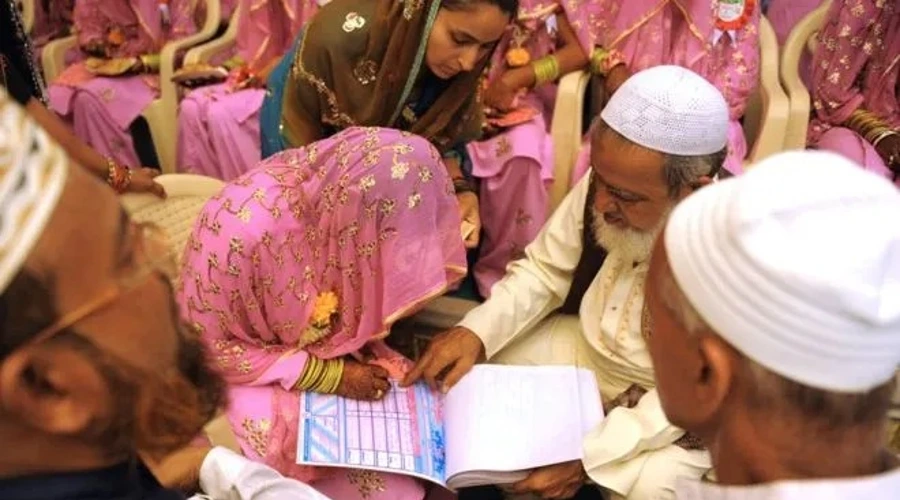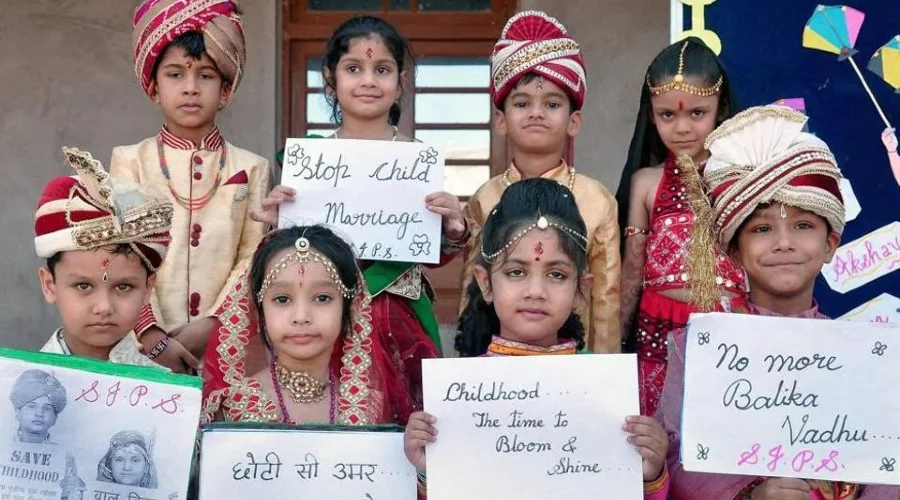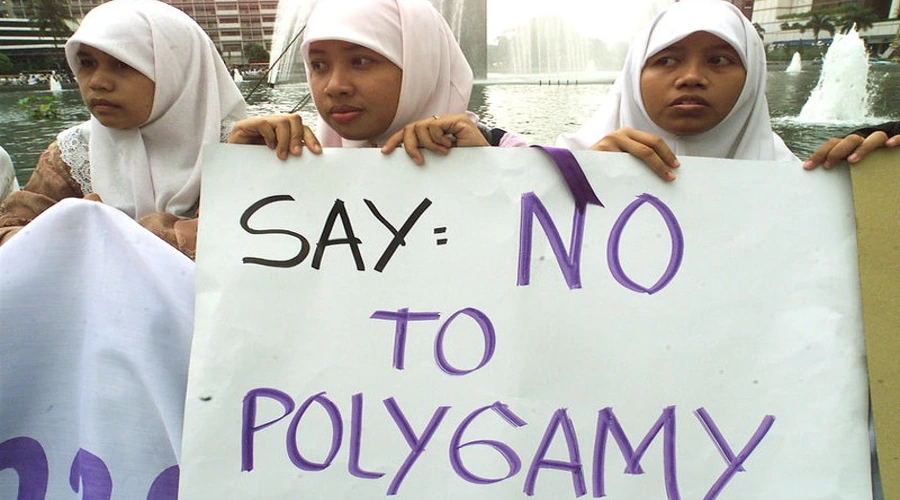
Munni Begum/Guwahati
The Assam Government’s latest decision to repeal the Assam Muslim Marriage and Divorce Registration Act of 1935 has created a lot of misconception and caused resentment among the Muslims in the State. The community wonders if the repeal of the Act would mean abolition of Nikah, traditions, and religious rituals of Muslim marriages. Fear and apprehension is more among Muslim women living in rural and remote areas.
Awaz-The Voice Assam has spoken to a few prominent Muslim women and asked their responses to three questions relating to addressing the concerns raised after the repeal of the Assam Muslim Marriage and Divorce Registration Act.
The questions: What is your opinion on the suspension of marriages under Muslim Personal Law in Assam? What do you have to say about the misconception among the masses that Nikah is being banned? How do you think marriage under the Special Marriage Act benefits the couple?
Noted lawyer, activist, and teacher Shahnaz Rahman said that the Muslim Personal law refers to the body of law and regulations that govern various aspects of Muslim life including marriage, divorce, Inheritance, and other personal matters. These laws are based on Islamic principles derived from the Quran and Hadith.
 Muslim bride and groom signing nikahnama
Muslim bride and groom signing nikahnama
In countries like India, Pakistan and Bangladesh the Muslim Personal law operates alongside the civil legal System, allowing Muslims to follow their religious practices in matters of personal law.
“The suspension of Muslim Personal law in Assam, like any legal decision, is likely to involve a complex interplay of cultural, social and legal factors. It is important to consider the perspectives of various stakeholders including members of the Muslim Community, legal experts, and policymakers to understand the rationale behind such a decision and its potential impact on individuals and society. This suspension does not equate to a ban on Nikah, but rather a temporary measure that affects the specific legal framework under which marriages are conducted,” Shahnaz Rahman said.
Advocate Rahman said, the misconception about banning Nikah probably stems from a misunderstanding or misconception about the nature and extent of the scrapping of the present Act on Muslim marriage. She said that it is important to disseminate accurate information to address such misconceptions and ensure clarity among the public.
Shahnaz Rahman says, "Marriage under the Special Marriage Act provides a secular and legally strong framework for couples to formalize their union regardless of religious and cultural background. Benefits under this Act are inter-faith or Inter-caste marriages without conversion, legal recognition of Inheritance rights, property rights, and spousal support, simplified procedure and no need for religious ceremonies or rituals, and flexibility of the law.”
 Children protesting against child marriages
Children protesting against child marriages
Researcher at Gauhati University Sofia Banu says "In general Muslim marriages in Assam are conducted under the Muslim Marriage and Divorce Registration Act, 1935. However, many young women and men have become victims of cheating by solemnizing marriages under this Act. Therefore, it is important to understand the negative sides of the Act. This Act does not ensure the legal security of marriages as both parties can seek divorce without approaching the court. There are examples of misuse of this Act and this legislation indirectly encourages child marriage and polygamy”.
Banu said that lack of education among a larger section of the Muslim community often creates confusion, misconception, and superstition on many issues including marriages.
Writer and teacher Zerine Wahid said that the recent scrapping of marriages under Muslim Personal law lacks an honest approach towards weeding out the social evils like child marriage and polygamy. It appears like a political approach to a very social problem and is widely seen as a precursor to the implementation of the Uniform Civil Code in Assam.
“The government’s refrain of terming the Assam Muslim Marriage and Divorce Registration Act of 1935 as archaic and promoting child marriage does not hold water, especially when a top-down high-handed approach is adopted to resolve a social issue. The practice of child marriage pleads for social intervention through education and awareness, taking along community elders. Also, linking child marriages to Muslims alone is unfair since it is found to be common practice among tribal communities as well as the northern states of Rajasthan, Bihar, Uttar Pradesh, Madhya Pradesh, Chattisgarh, and Gujarat,” Zerine Wahid said.
 School children protresting against polygamy
School children protresting against polygamy
She says, “Nikah is the Muslim ritual of solemnizing a marriage and differs from the act of registering a marriage. Hence, these two are separate and the government has not interfered with Nikah as such as far as my understanding goes. As with any law that is implemented without prior debate and discussion, is bound to give rise to confusion among common people, especially amongst the less literate of society.
“The government’s decision to replace the earlier act with a new one stems from the single notion of removing child marriages from society completely. Seen as keeping with the times and doing away with unscrupulous Kazis who otherwise registered marriages for underage couples earlier? The new act claims to be secular and more in line with modern norms and practices. However, some grey areas remain about alimony and inheritance for Muslim women under the Special Marriage Act,” Zerine Wahid said.
“I think the decision taken by the Assam government (to repeal the Muslim Marriage and Divorce Registration Act) will benefit young women especially as marriages under the Special Marriage Act will get legal status. The marriages that had been performed under the Muslim Marriage and Divorce Registration Act, 1935 in the society are not legally recognized. They are only marriages registered by a Kazi and registrar. This does not protect the rights of young men and women,” Assamese jewelry designer Waheeda Rahman said.
ALSO READ: Awadhi culture meets modernity at Naimat Khana
Award-winning Model Rosie Rahma hoped that the government would hold discussions with Muslim educationists, scholars, and religious leaders before enacting the new legislation.
